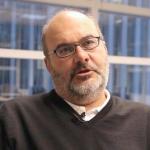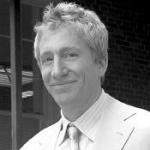Although inequality has recently become one of the current topics “de jour” in the economics profession, Branko Milanovic is certainly not a newbie to this area. Indeed, the World Bank economist and development specialist (currently a visiting presidential professor at CUNY’s Graduate Center and a senior scholar at the Luxembourg Income Study Center), has been studying this particular field of economics since his days as a graduate student. One of his unique contributions has been to link this scholarship to prevailing financial conditions, providing substantial empirical evidence which illustrates how financial bubbles and the increasing financialisation of the global economy has played a key role in terms contributing to greater inequality.
What kind of inequality are we talking about? We are used to thinking about inequality within countries—about rich Americans versus poor Americans, for instance. But what about inequality between all citizens of the world? Professor Milanovic’s scholarship suggests that when split into ‘inequality within countries’ and ‘inequality between countries’, the latter accounts for by far the biggest gap. At the turn of the twenty-first century, the richest 5 percent of people receive one-third of total global income, as much as the poorest 80 percent. While a few poor countries are catching up with the rich world, the differences between the richest and poorest individuals around the globe are huge and likely growing.
This is almost certainly the highest level of relative, and certainly absolute, global inequality at any point in human history. Is there anything we can do to reverse or mitigate this trend?



